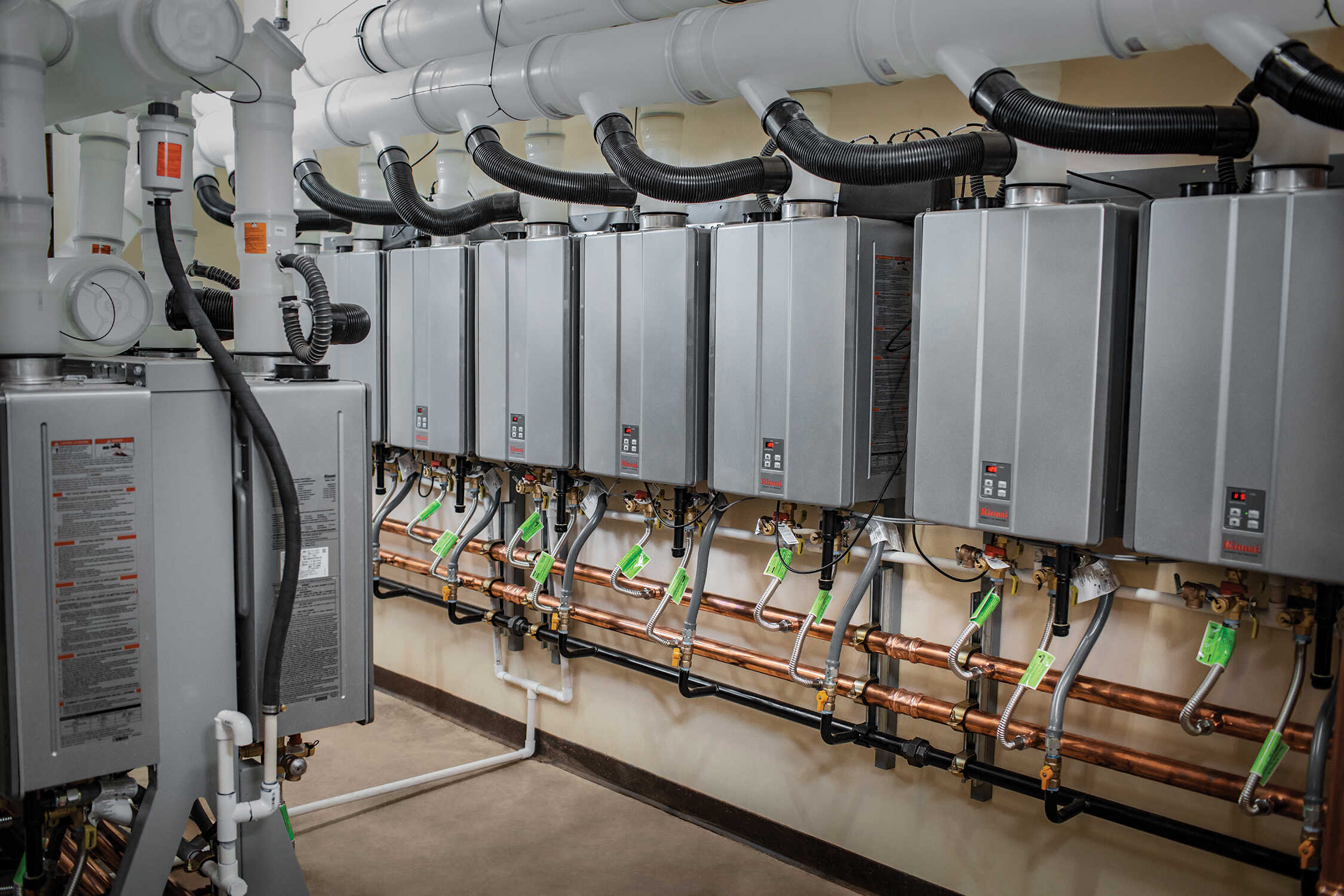

Articles
How To Choose A Tankless Water Heater
Modified: December 7, 2023
Looking for articles on how to choose a tankless water heater? Find expert advice and tips on selecting the perfect tankless water heater for your needs.
(Many of the links in this article redirect to a specific reviewed product. Your purchase of these products through affiliate links helps to generate commission for Storables.com, at no extra cost. Learn more)
Introduction
Choosing the right water heater for your home is an important decision that can greatly impact your daily life. If you’re tired of running out of hot water or dealing with bulky and inefficient traditional water heaters, it’s time to consider a tankless water heater. With their compact size and on-demand hot water delivery, tankless water heaters offer a convenient and energy-efficient solution for your heating needs.
However, with so many options available in the market, it can be overwhelming to find the perfect tankless water heater for your specific requirements. That’s where this guide comes in. In this article, we will walk you through the key considerations you need to keep in mind when choosing a tankless water heater.
By understanding the factors that influence your decision, you will be able to make an informed choice that best fits your needs and preferences. From determining the proper size to evaluating energy efficiency ratings, installation requirements, and additional features, we will cover everything you need to know to select the right tankless water heater for your home.
So, without further ado, let’s dive in and explore the essential aspects you should consider when choosing a tankless water heater.
Key Takeaways:
- When choosing a tankless water heater, consider factors such as hot water demand, energy efficiency, fuel type, and installation requirements to make an informed decision that meets your specific needs and budget.
- Reading customer reviews and comparing brands and models can provide valuable insights into the real-world performance, reliability, and overall satisfaction of different tankless water heater options, helping you make a well-informed choice.
Considerations for Choosing a Tankless Water Heater
When it comes to selecting a tankless water heater, there are several factors you need to take into account to ensure that it meets your specific requirements. Here are the key considerations to keep in mind:
- Hot Water Demand: The first step is to determine your household’s hot water demand. Consider the number of people living in your home and their usage patterns. For instance, a large family will require a higher capacity tankless water heater to meet their hot water needs, whereas a smaller household may be satisfied with a unit that provides a lower flow rate.
- Flow Rate and Size: Tankless water heaters are rated based on their gallons per minute (GPM) flow rate. This refers to the amount of hot water the unit can deliver per minute. Calculate the GPM required based on your household’s peak hot water usage, such as running multiple showers or appliances simultaneously. Select a tankless water heater with a flow rate that meets your needs.
- Energy Efficiency: Another important consideration is the energy efficiency of the tankless water heater. Look for units that have a high Energy Factor (EF) rating, as this indicates their efficiency in converting energy into hot water. An efficient unit will not only save on energy costs but also help reduce your carbon footprint.
- Fuel Type: Tankless water heaters can be powered by electricity, natural gas, or propane. Consider the availability and cost of fuel options in your area. Electric tankless water heaters are generally easier to install and require less maintenance, while gas-powered units tend to have a higher flow rate and can handle larger hot water demands.
- Installation Requirements: Before making a decision, evaluate the installation requirements of different tankless water heaters. Consider factors such as space availability, venting requirements, and electrical or gas connections. If retrofitting an existing system, consult with a professional to ensure that the unit can be properly installed.
- Budget: Price range can vary significantly among tankless water heaters. Set a budget that aligns with your financial considerations. Keep in mind that although tankless water heaters may have a higher upfront cost compared to traditional units, their energy-saving benefits can lead to long-term cost savings.
By carefully considering these factors, you will be able to narrow down your options and find a tankless water heater that best suits your household’s hot water needs, energy efficiency goals, and budget constraints.
Determining the Proper Size for Your Needs
One of the key considerations when choosing a tankless water heater is determining the proper size that can meet your household’s hot water demands. Selecting a unit with an appropriate flow rate and capacity is crucial to ensure a consistent supply of hot water. Here’s how you can determine the proper size:
Calculate Your Peak Hot Water Demand:
Start by identifying your household’s peak hot water demand, which refers to the maximum amount of hot water you may need at any given time. Consider factors such as the number of people in your household, their hot water usage habits, and the number and types of appliances that will be running simultaneously.
Estimate Flow Rates:
Next, estimate the flow rates of the fixtures and appliances that will be using hot water simultaneously. Showers, faucets, dishwashers, washing machines, and other appliances will have specific flow rates measured in gallons per minute (GPM). Add up the flow rates of all the fixtures and appliances to calculate your total hot water demand.
Consider the Temperature Rise:
To determine the size of the tankless water heater needed, you will need to consider the temperature rise required. The temperature rise is the difference between the incoming cold water temperature and the desired hot water temperature. Most tankless water heaters can achieve a temperature rise of 40-60 degrees Fahrenheit.
Use Sizing Charts or Online Calculators:
Once you have the total hot water demand and the desired temperature rise, consult sizing charts provided by manufacturers or use online sizing calculators specific to tankless water heaters. These tools take into account various factors, such as climate, incoming water temperature, and flow rates, to recommend the appropriate unit size.
Consult with a Professional:
For precise sizing and to ensure accurate calculations, consider consulting with a professional plumber or heating contractor. They can assess your specific hot water needs, analyze your plumbing system, and recommend the ideal tankless water heater size that will provide ample hot water without overtaxing the unit.
Remember, selecting a tankless water heater with a capacity that is too small can result in inadequate hot water supply, while choosing one that is too large may lead to wasted energy. By accurately determining the proper size for your needs, you can optimize your tankless water heater’s performance and enjoy the benefits of efficient and endless hot water.
Understanding the Energy Efficiency Ratings
When choosing a tankless water heater, it’s important to consider its energy efficiency. Understanding energy efficiency ratings will not only help you save on energy costs but also contribute to reducing your environmental impact. Here are the key factors to consider:
Energy Factor (EF)
The Energy Factor (EF) is a measure of the overall efficiency of a tankless water heater. It represents the amount of hot water produced per unit of fuel consumed over a typical day. The higher the EF rating, the more efficient the unit is at converting energy into hot water.
Uniform Energy Factor (UEF)
Uniform Energy Factor (UEF) is a newer metric introduced by the U.S. Department of Energy (DOE). It provides a standardized way to compare the energy efficiency of different water heaters, including tankless models. The UEF considers factors such as standby heat loss, cycling losses, and other energy losses to provide a more accurate representation of the unit’s efficiency.
ENERGY STAR Certification
Look for tankless water heaters that are ENERGY STAR certified. The ENERGY STAR program is a voluntary program that signifies products with superior energy efficiency and performance. These certified units have met stringent energy efficiency requirements and are independently tested to ensure their efficiency claims.
Comparing Energy Efficiency Performance
When comparing different tankless water heaters, review their EF or UEF ratings to understand their energy efficiency performance. Consider the long-term energy savings potential when assessing the initial upfront cost of a more efficient unit. Models with higher EF or UEF ratings may have a slightly higher price tag, but they can result in significant savings on energy bills over the lifespan of the unit.
Other Factors Affecting Efficiency
Keep in mind that several additional factors can influence the overall energy efficiency of a tankless water heater. These include the quality of insulation, recovery rate, and modulation capabilities. Units with better insulation retain heat more effectively, while higher recovery rates indicate how quickly the unit can heat water.
Heat Exchangers
Another factor to consider in terms of energy efficiency is the type of heat exchanger used in the tankless water heater. Most units come with either copper or stainless steel heat exchangers. Copper heat exchangers typically provide better thermal conductivity, resulting in higher efficiency. However, stainless steel heat exchangers are more resistant to corrosion and offer better longevity.
By understanding the energy efficiency ratings and considering these factors, you can make an informed decision and select a tankless water heater that will deliver optimal energy savings while providing endless hot water on demand.
Types of Fuel Options for Tankless Water Heaters
When selecting a tankless water heater, it’s important to consider the fuel type that will best suit your needs. The fuel type not only affects the installation process but also impacts the unit’s performance and efficiency. Here are the main fuel options to consider:
Electric Tankless Water Heaters
Electric tankless water heaters are powered by electricity and have become increasingly popular due to their ease of installation and versatility. These units are generally compact in size and can be installed in various locations, such as under sinks or in closets. Electric tankless water heaters are known for their energy efficiency and precise temperature control. They don’t require a flue or venting system, making them a suitable option for homes without access to natural gas or propane.
Natural Gas Tankless Water Heaters
Natural gas tankless water heaters are a common choice for homeowners who have access to a natural gas supply line. These units can provide a higher flow rate and are suitable for large households with high hot water demands. Natural gas tankless water heaters require proper ventilation or flue installation to eliminate combustion gases. While their initial installation cost may be higher than electric models, they tend to have lower operating costs due to the relatively lower price of natural gas.
Propane Tankless Water Heaters
If your home doesn’t have access to natural gas, propane tankless water heaters are a viable alternative. Propane is a portable fuel that can be stored in tanks, making these units suitable for both indoor and outdoor installations. Propane tankless water heaters provide a high flow rate and are often used in areas where natural gas lines are not available. Keep in mind that propane tanks must be properly maintained and refilled as needed.
Comparison of Fuel Options
When considering the fuel options for tankless water heaters, there are a few factors to keep in mind. Electric units tend to have higher energy efficiency, easier installation, and lower upfront costs. They are suitable for smaller households with moderate hot water demands. Natural gas units, on the other hand, offer higher flow rates and are more suitable for larger households. Propane units provide flexibility for homes without natural gas availability but require regular maintenance of the propane tanks.
Cost Considerations
When choosing a fuel option, consider the initial installation costs, operating costs, and availability in your area. Natural gas and propane tankless water heaters may require professional installation and compliance with local codes, while electric units may be more straightforward to install. Additionally, the cost of the fuel itself should be factored into your decision-making process.
By evaluating your specific requirements and considering the availability of different fuel options, you can choose the tankless water heater that best suits your needs, providing efficient and endless hot water for your home.
When choosing a tankless water heater, consider the flow rate and temperature rise to ensure it can meet your household’s hot water demands.
Read more: How To Reset A Tankless Water Heater
Evaluating Installation Requirements and Costs
When choosing a tankless water heater, it’s essential to evaluate the installation requirements and associated costs. Proper installation is crucial to ensure optimal performance and efficiency of the unit. Here are the key factors to consider:
Space Requirements
Tankless water heaters are known for their compact size compared to traditional tank-style water heaters. However, it’s still important to assess the available space for installation. Consider the unit’s dimensions and determine whether it can be mounted on a wall or requires a dedicated area. Ensure that there is adequate clearance for proper ventilation and maintenance access.
Venting
Proper venting is necessary for gas-powered tankless water heaters to safely remove combustion gases. Venting requirements may vary depending on the unit and your local building codes. It’s important to consult with a professional to determine the appropriate venting solution for your specific installation location, whether it’s through a direct vent, power vent, or other approved methods.
Electrical and Gas Connections
Consider the electrical and gas connection requirements of the tankless water heater. Electric models typically require a dedicated circuit with the appropriate voltage and amperage capacity. Gas-powered units need a natural gas or propane supply line with the necessary fittings and connections. Ensure that your home’s existing electrical and gas systems can accommodate the requirements of the chosen tankless water heater.
Water and Gas Line Upgrades
Depending on the age and condition of your home’s plumbing system, you may need to upgrade the water and gas lines to accommodate the tankless water heater. Consult with a professional plumber to assess the adequacy of your existing plumbing infrastructure and determine if any upgrades or modifications are necessary.
Professional Installation
While some homeowners may consider installing a tankless water heater themselves, it’s highly recommended to hire a professional plumber or heating contractor for the installation. A qualified professional will ensure that the unit is installed correctly and safely, adhering to local building codes. They can also provide guidance on selecting the appropriate unit size, assist with venting and connection requirements, and provide maintenance recommendations.
Cost Considerations
When evaluating installation requirements, it’s important to consider the associated costs. Professional installation fees, any necessary upgrades or modifications to the plumbing and electrical systems, and the cost of additional components, such as venting materials, should be taken into account. While the upfront installation costs may vary depending on the complexity of the project, it’s important to prioritize quality installation to ensure optimal performance and longevity of the tankless water heater.
By carefully evaluating the installation requirements and associated costs, you can ensure a smooth and successful installation of your tankless water heater, allowing you to enjoy the benefits of efficient and endless hot water for years to come.
Exploring Additional Features and Accessories
When choosing a tankless water heater, it’s worth exploring the additional features and accessories that can enhance its functionality and convenience. These features and accessories can provide added benefits and improve your overall experience with the unit. Here are some options to consider:
Temperature Controls
Many tankless water heaters come with built-in temperature controls, allowing you to easily adjust the desired hot water temperature. Look for units with user-friendly interfaces and precise temperature settings. Some advanced models even offer digital displays and programmable temperature settings for added convenience.
Remote Control or Wi-Fi Connectivity
Some tankless water heaters offer remote control capabilities, allowing you to adjust the temperature and monitor the unit from a distance. This can be particularly useful for scenarios where you want to adjust the temperature without physically accessing the unit. Additionally, certain models offer Wi-Fi connectivity, which allows you to control and monitor the water heater through a smartphone app.
Water Leak Detection
Water leak detection is a valuable feature that can help protect your home from water damage and leaks. Some tankless water heaters have built-in sensors or optional leak detectors that can automatically shut off the water supply if a leak is detected. This feature provides peace of mind and added protection against potential water-related emergencies.
Scale Build-Up Prevention
Scale build-up can be an issue in areas with hard water. Look for tankless water heaters that incorporate technology to prevent scale accumulation, such as built-in water softeners or descaling mechanisms. These features can help extend the lifespan of your unit and maintain its performance over time.
Recirculation Systems
Tankless water heaters with recirculation systems provide instant hot water at the tap by circulating hot water within the plumbing system. This feature eliminates the need to wait for hot water to reach the faucet, saving time and water. However, note that recirculation systems may require additional plumbing modifications and electrical connections.
Accessories
In addition to the built-in features, there are various accessories available to enhance your tankless water heater’s performance. These can include high-quality water filters to improve water quality and reduce scale accumulation, expansion tanks to maintain optimal water pressure, and even dedicated water-saving showerheads and faucets designed to work efficiently with tankless systems.
Consider Your Needs
When exploring additional features and accessories, consider your specific needs and preferences. Not all features may be necessary for every household. It’s important to prioritize the features that will bring the most value and convenience to your daily routine.
By exploring these additional features and accessories, you can optimize the performance and efficiency of your tankless water heater while enjoying the added conveniences and benefits they provide.
Comparing Brands and Models
When selecting a tankless water heater, it’s important to compare different brands and models to find the one that best suits your needs and offers reliable performance. Here are some factors to consider when comparing brands and models:
Reputation and Reliability
Start by researching and comparing the reputation and reliability of different brands. Look for manufacturers with a proven track record of producing high-quality tankless water heaters that are known for their durability and performance. Read reviews, testimonials, and ratings from both professionals and homeowners to gauge customer satisfaction and reliability.
Product Features and Specifications
Compare the features and specifications of different models. Consider factors such as the flow rate, temperature range, control options, energy efficiency ratings, and safety features. Look for models that offer the specific features that align with your needs and preferences. Keep in mind that additional features may come at a higher price, so prioritize the ones that provide the most value to you.
Size and Space Considerations
Evaluate the physical dimensions of the tankless water heaters and how they will fit into your available space. Consider whether you have sufficient clearance for ventilation and maintenance. Some brands may offer more compact units that can be installed in tighter spaces. Take accurate measurements and compare them against the dimensions provided by the manufacturers.
Energy Efficiency and Cost Savings
Compare the energy efficiency ratings, such as the Energy Factor (EF) or Uniform Energy Factor (UEF), of different models. Higher efficiency ratings indicate better energy savings over time. Consider the potential cost savings in terms of energy bills and weigh them against the initial purchase price. Look for tankless water heaters that have ENERGY STAR certifications, as these units are recognized for their energy efficiency and performance.
Warranty and Support
Examine the warranty and support offered by different brands. A longer warranty period indicates the manufacturer’s confidence in their product’s quality and reliability. Additionally, consider the availability and responsiveness of customer support. It’s important to choose a brand that provides reliable support in case of any issues or concerns you may encounter.
Budget Considerations
Compare the prices of different brands and models, keeping in mind your budget constraints. Remember to consider the long-term cost savings associated with energy efficiency and potential rebates or incentives that may be available for certain models. It’s essential to strike a balance between upfront costs and long-term benefits.
Installation and Maintenance Requirements
Take into account the installation requirements and maintenance recommendations provided by the manufacturers. Consider the complexity of the installation process and whether professional assistance may be required. Compare the recommended maintenance tasks and frequency to ensure that you can properly maintain the unit for optimal performance in the long run.
By carefully comparing brands and models based on these factors, you can make an informed decision and choose a tankless water heater that offers the features, reliability, and performance you desire within your budget.
Reading Customer Reviews and Ratings
When choosing a tankless water heater, it can be invaluable to read customer reviews and ratings to gather real-world feedback on the performance, reliability, and overall satisfaction of different models. Here’s why reading customer reviews is important and how to make the most of them:
Unbiased Feedback
Customer reviews provide you with unbiased feedback from individuals who have already purchased and used the tankless water heaters you are considering. These reviews can give you insights into the pros and cons of various models, helping you make a more informed decision based on real experiences.
Performance and Reliability
Customer reviews can offer valuable information about the performance and reliability of a tankless water heater over time. Pay attention to reviews that mention long-term usage, durability, and any issues or concerns that may have arisen. Look for patterns in the feedback to get a sense of the overall performance and reliability of the models you are considering.
Energy Efficiency and Cost Savings
Many customer reviews discuss the energy efficiency and cost savings of tankless water heaters. Look for reviews that specifically mention energy usage and how it affected the reviewers’ utility bills. This can provide you with a realistic expectation of the potential cost savings associated with different models, giving you a better idea of the long-term benefits.
Installation and Maintenance
Reading customer reviews can also provide insights into the installation process and the ease of maintenance for different tankless water heaters. Look for reviews that mention the simplicity or complexity of the installation, the need for professional assistance, and any maintenance tips or challenges faced by users.
Overall Satisfaction
Customer reviews often express overall satisfaction or dissatisfaction with a particular tankless water heater. Pay attention to the general consensus among reviewers to get an idea of the overall customer satisfaction with a specific model. Positive reviews can provide reassurance, while negative reviews may indicate potential drawbacks or issues to consider.
Where to Find Reviews
There are several sources where you can find customer reviews for tankless water heaters. Online retailers, such as Amazon or Home Depot, often have user reviews for products. Manufacturer websites and specialized plumbing or home improvement forums can also be valuable sources of customer feedback. Additionally, seek recommendations from friends, family, or trusted professionals who have firsthand experience with tankless water heaters.
Using Reviews as a Guide
When reading customer reviews, it’s important to evaluate the overall consensus and look for patterns in the feedback. Be cautious of individual reviews that may be outliers or influenced by special circumstances. Consider the specific needs and priorities mentioned in the reviews and compare them to your own requirements.
By utilizing customer reviews and ratings effectively, you can gain valuable insights and make a more informed decision when choosing a tankless water heater that best fits your needs and expectations.
Read more: How To Vent Tankless Water Heater
Conclusion
Choosing the right tankless water heater for your home is a decision that requires careful consideration. By evaluating key factors such as hot water demand, size, energy efficiency, fuel options, installation requirements, and additional features, you can make an informed choice that meets your specific needs and preferences.
Consider your household’s hot water usage patterns and determine the proper size of the tankless water heater to ensure an adequate supply of hot water. Keep in mind the energy efficiency ratings and certifications to make a greener choice and save on energy costs in the long run. Assess the available fuel options based on availability, cost, and compatibility with your home. Compare brands and models to find reliable and reputable manufacturers that offer the features and specifications you desire within your budget.
Take the time to evaluate the installation requirements and associated costs, ensuring that you can accommodate the necessary space, venting, and electrical or gas connections. Consider additional features and accessories that can enhance the functionality and convenience of your tankless water heater, such as temperature controls, remote control capabilities, water leak detection, and scale prevention mechanisms.
Reading customer reviews and ratings provides valuable insights into the real-world performance, reliability, and satisfaction of different tankless water heater models. Consider the feedback from others who have already purchased and used the units you are considering, paying attention to their experiences with performance, energy efficiency, installation, and overall satisfaction.
In conclusion, the process of choosing a tankless water heater requires a comprehensive evaluation of various factors. By thoroughly considering all the aspects discussed in this guide, you can select a tankless water heater that meets your hot water needs, fits your budget, and provides energy-efficient and convenient hot water on demand for your home.
Frequently Asked Questions about How To Choose A Tankless Water Heater
Was this page helpful?
At Storables.com, we guarantee accurate and reliable information. Our content, validated by Expert Board Contributors, is crafted following stringent Editorial Policies. We're committed to providing you with well-researched, expert-backed insights for all your informational needs.
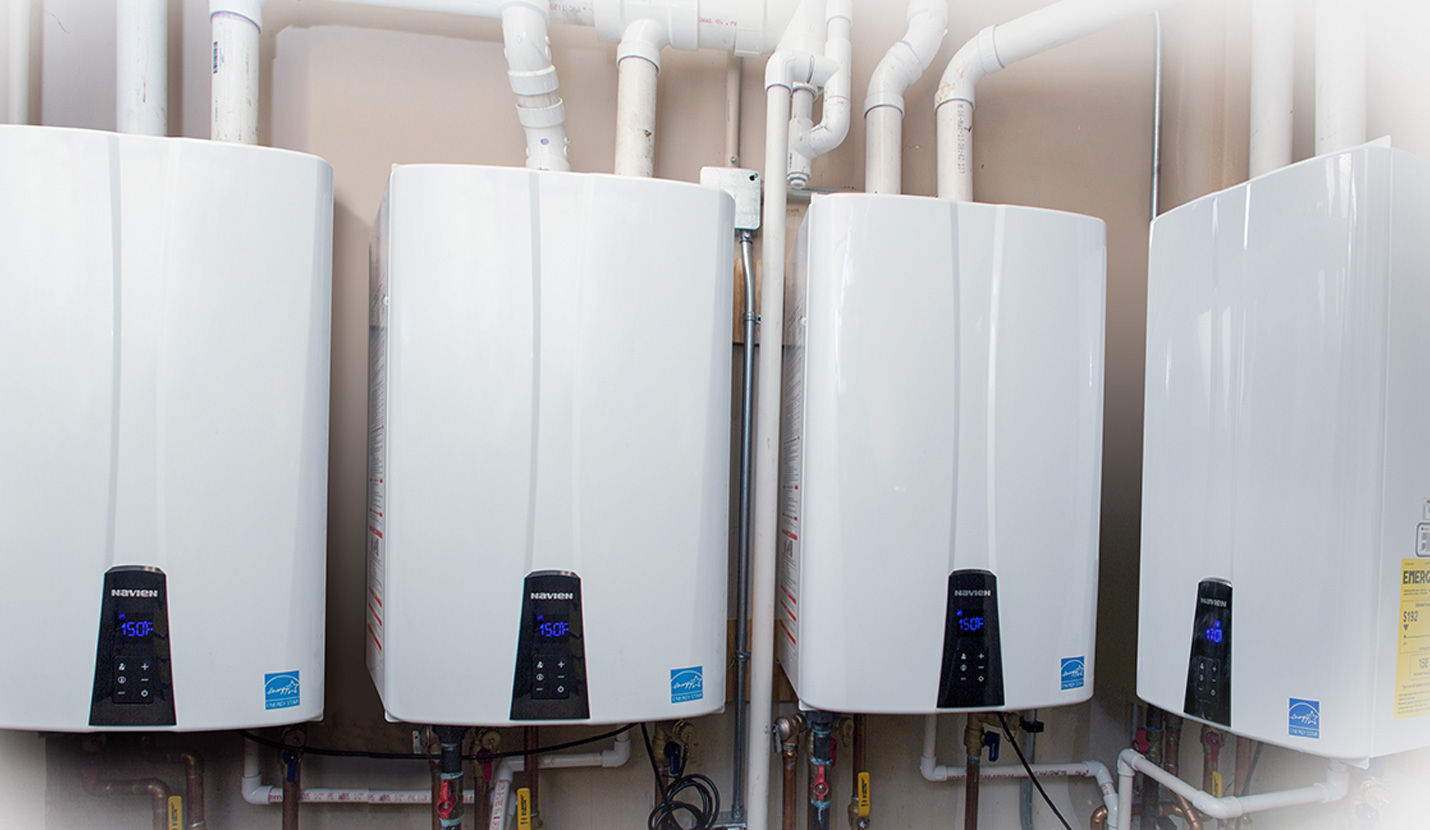
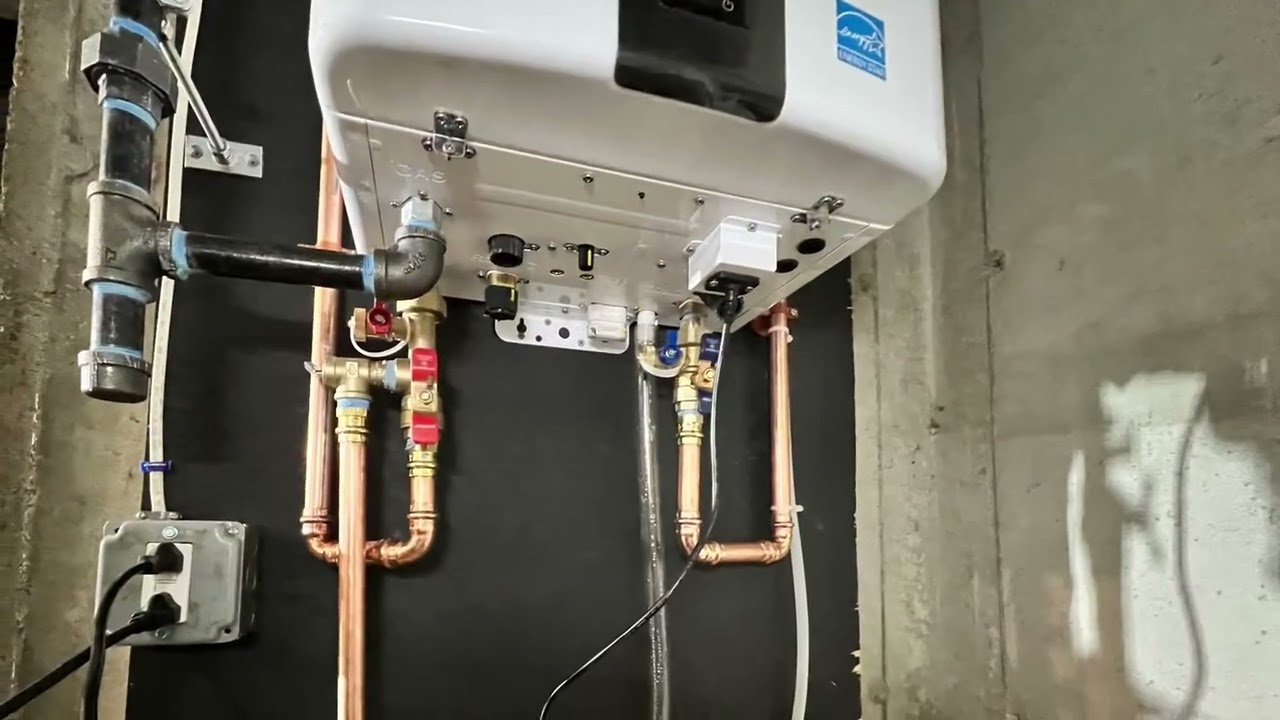
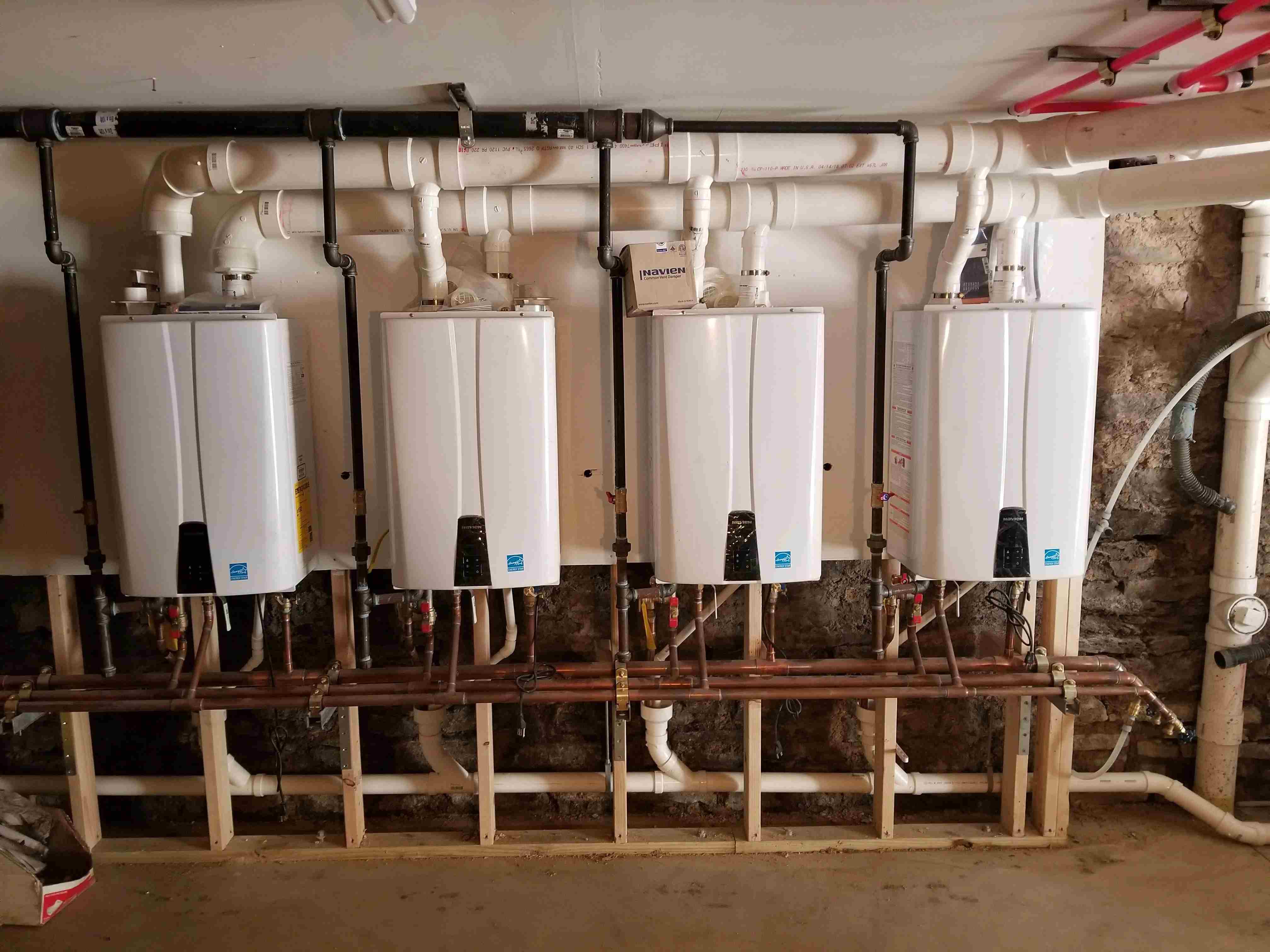
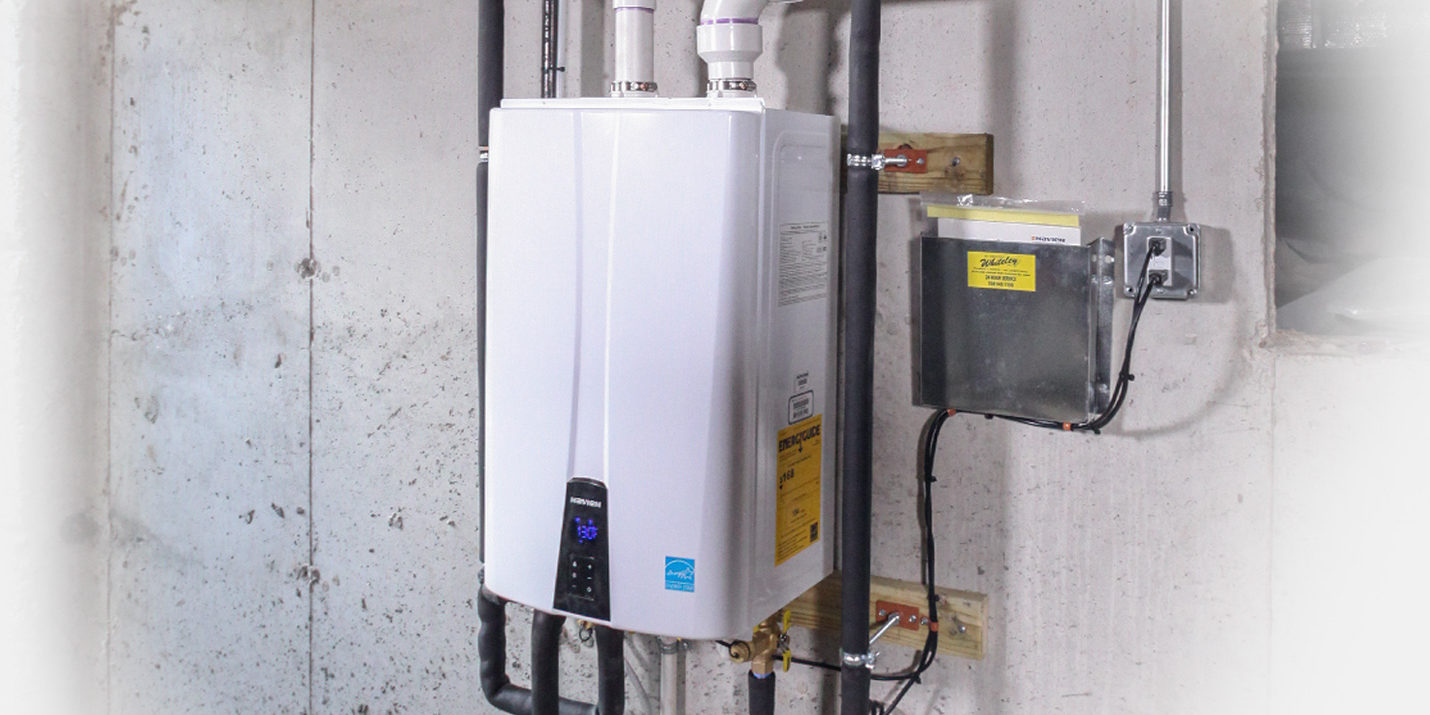
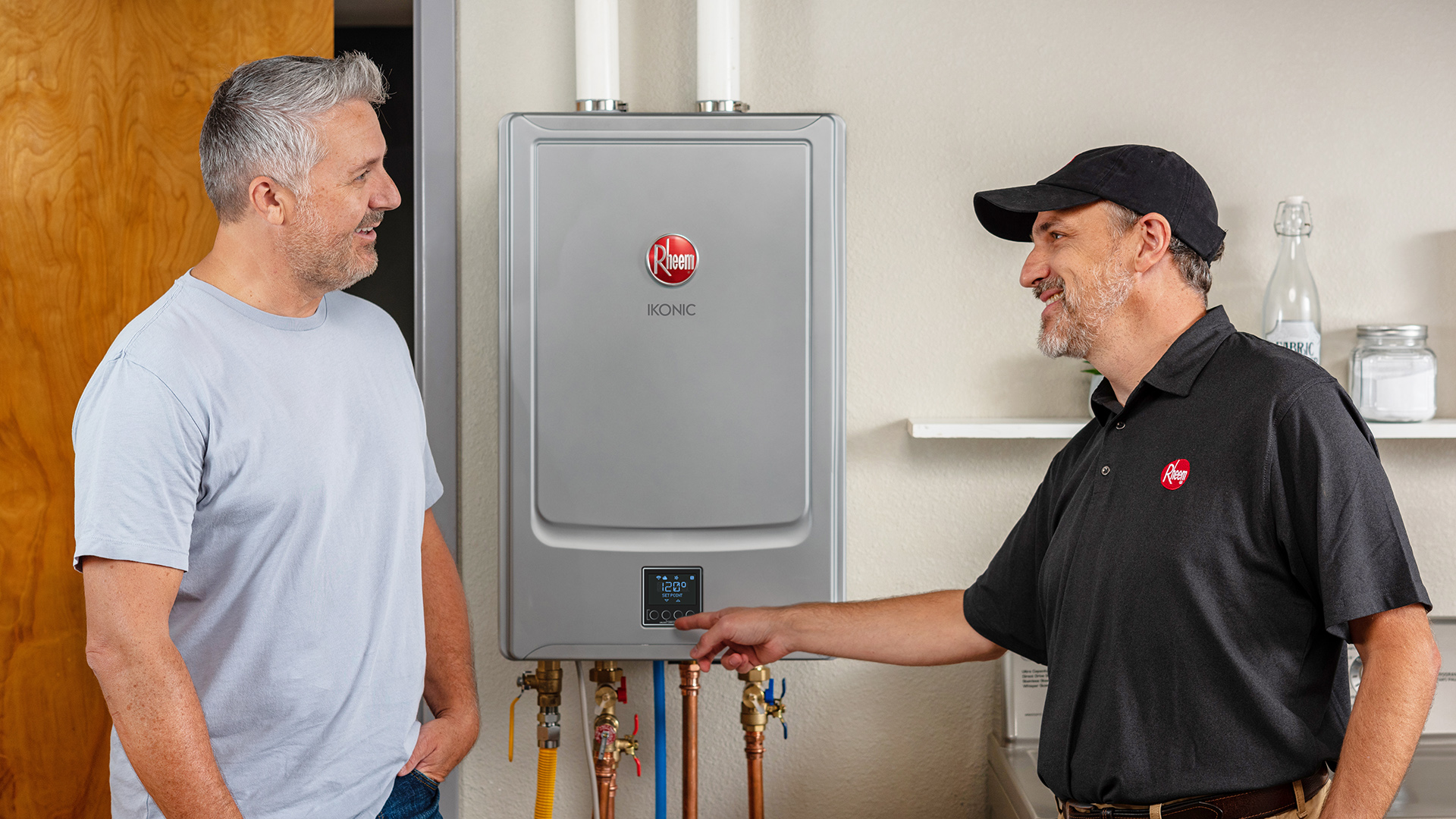
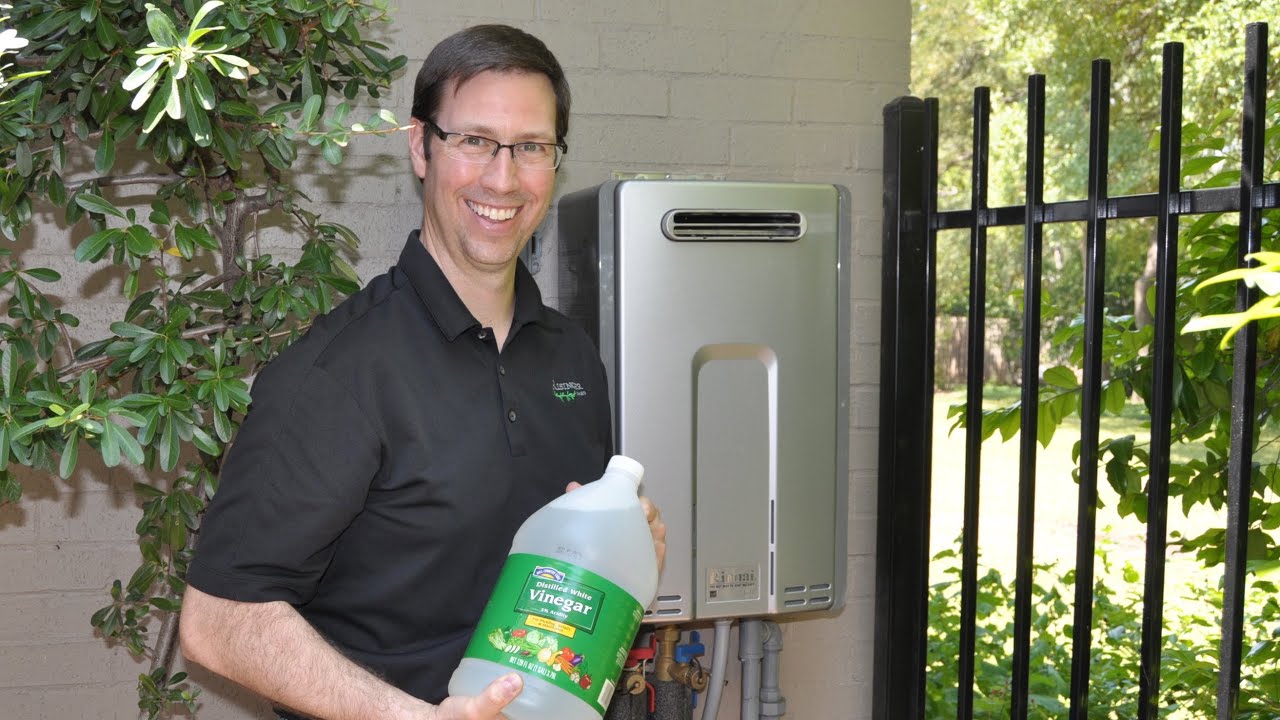
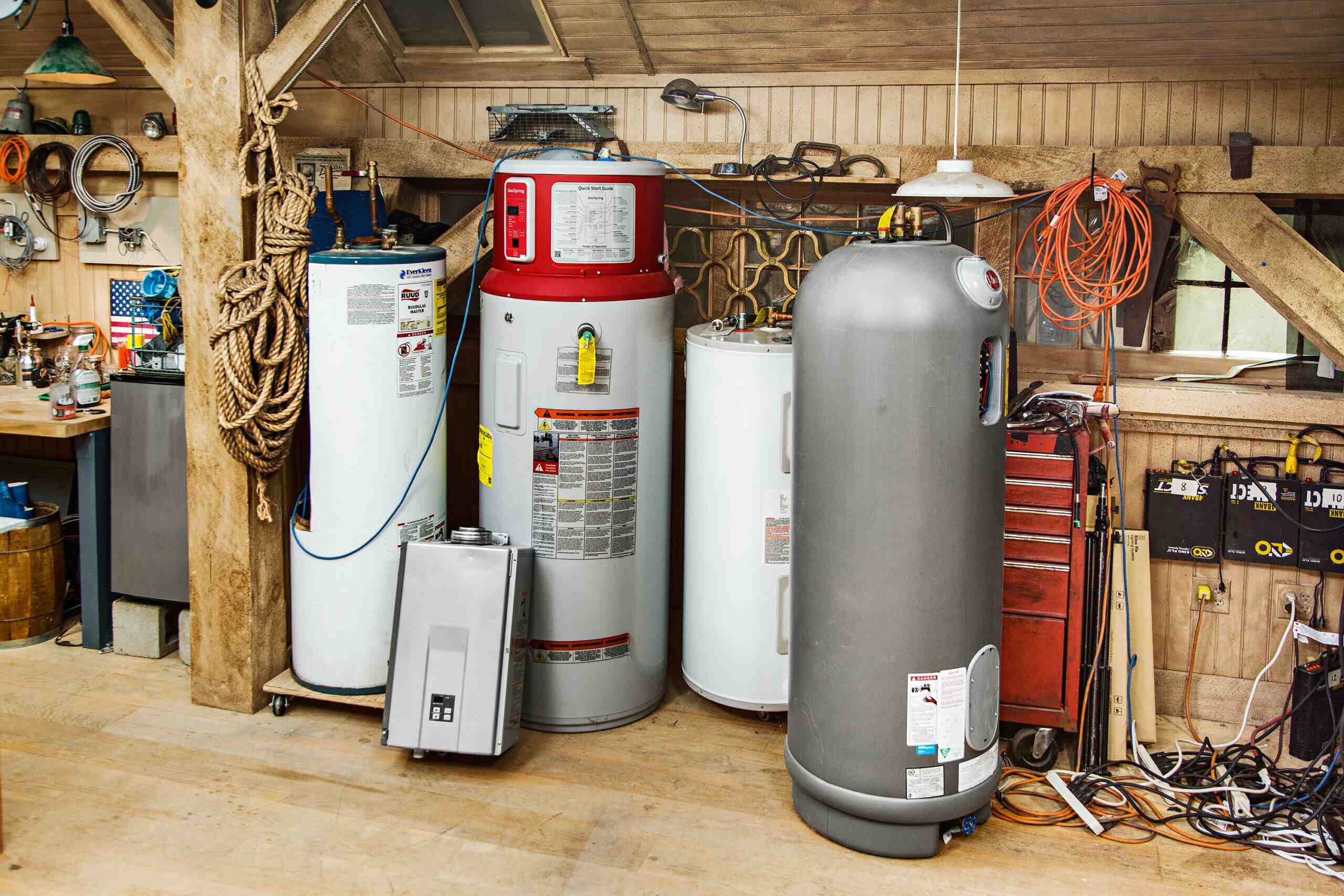
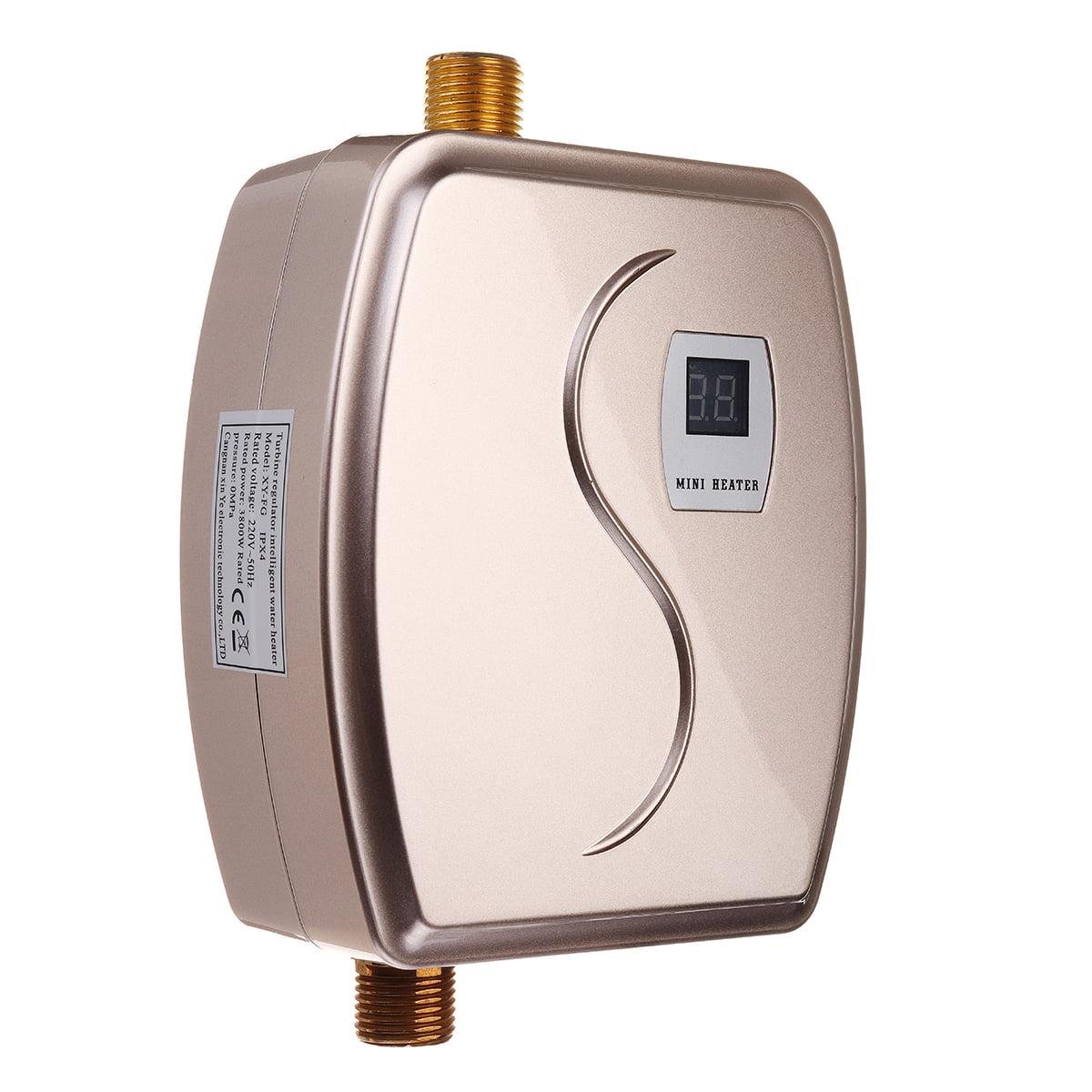
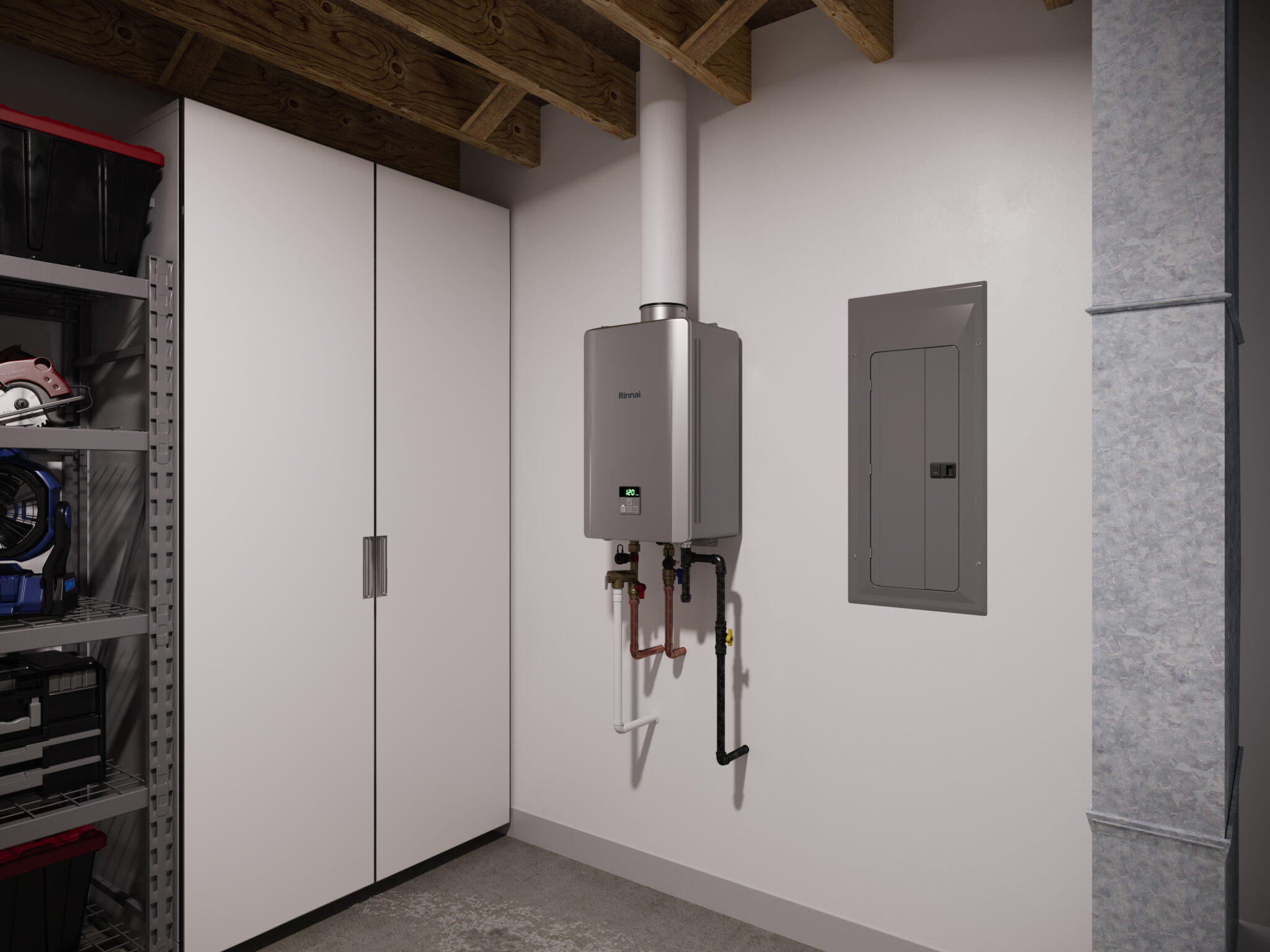
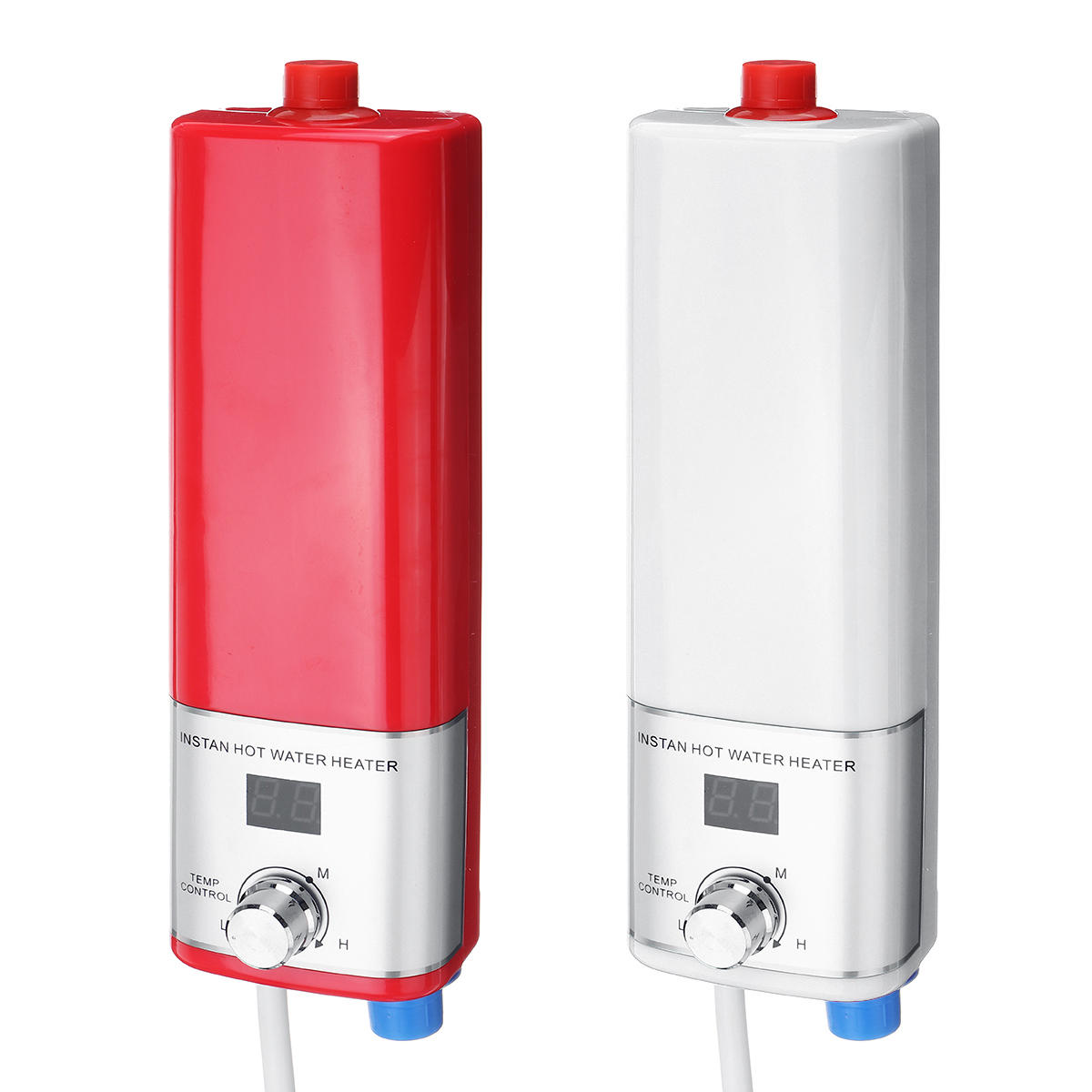
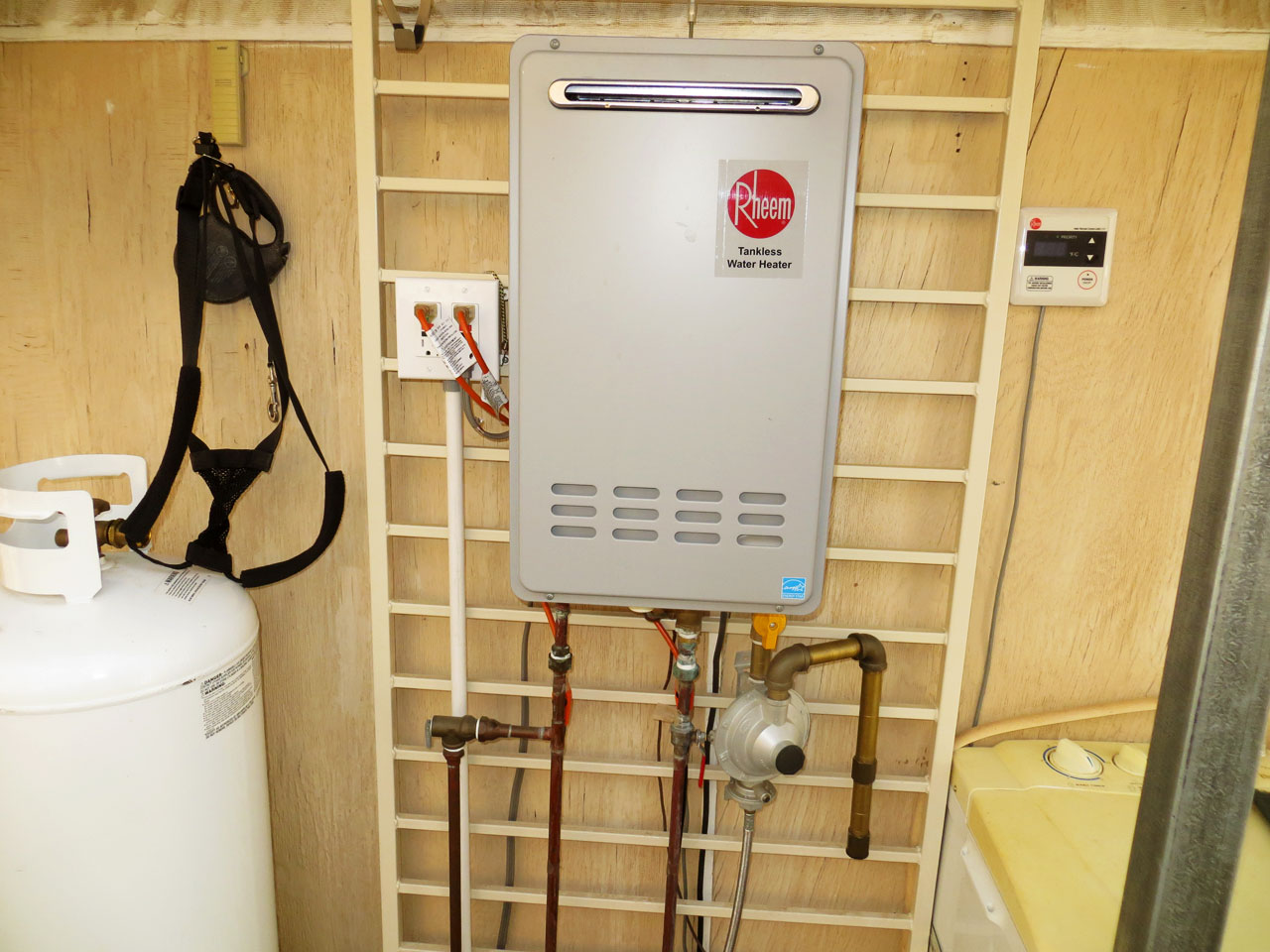
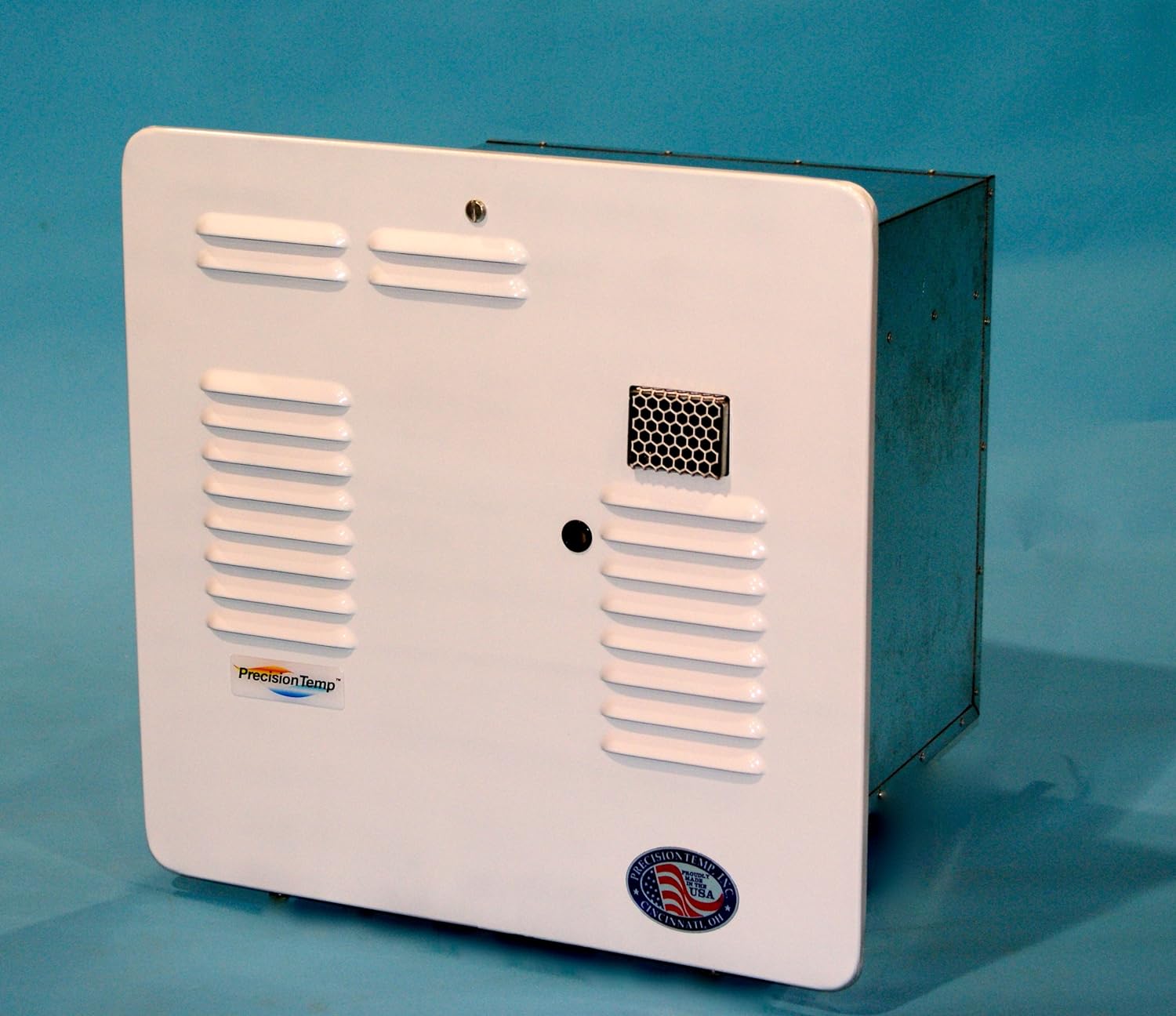
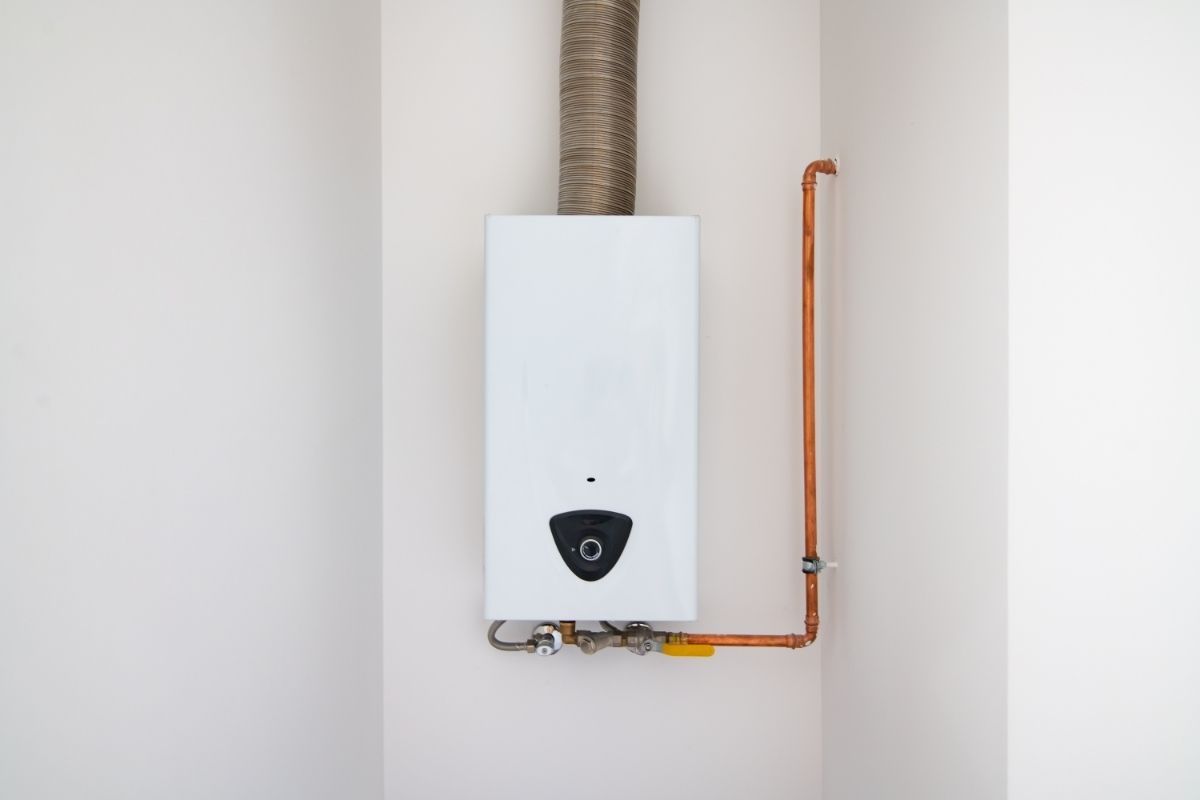

0 thoughts on “How To Choose A Tankless Water Heater”